FlagSHIP courses are designed to provide immersive and hands-on experiences during the January (JanTerm) weeks leading into our spring semester. Take a look at what you can select from this JanTerm.
JanTerm 2024 Courses
JanTerm 2024 Courses
Instructor: Adebukola Adeyemi
Format: Intensive Format Seminar
Description: Women have been making huge impacts in mathematics for centuries, despite the various challenges and obstacles in their way. This course will explore and research some of the different biases (relating to race, culture, etc) that exist in mathematics and their effect on our world, with a focus on women – an underrepresented group in mathematics. This course explores major accomplishments and contributions by women in mathematics, as well as their impacts on our world. Some of these mathematicians are the “Hidden Figures” – the NASA team of “human computers” who made major impacts in early spaceflight. Furthermore, we will explore the struggles women have endured and still have to endure. As well as the role power and privilege play in the issue of bias in our society. We will take a day trip to Kennedy Space Center, Cape Canaveral, FL, to see first-hand some of the history made by female mathematicians. We will be involved in numerous activities and online assessments to understand our own identities and biases. In the process of learning about notable female mathematicians and the types of bias in mathematics, students will learn about other cultures, as well as the roles power and privilege play in forming those biases. This course emphasizes reading, discussions, activities, day trips, group projects, watching videos, reflections, and presentations. This is not a traditional mathematics course; no prior mathematical expertise is needed for this course. It is a mathematics course for all!
Instructor: Matthew Brown
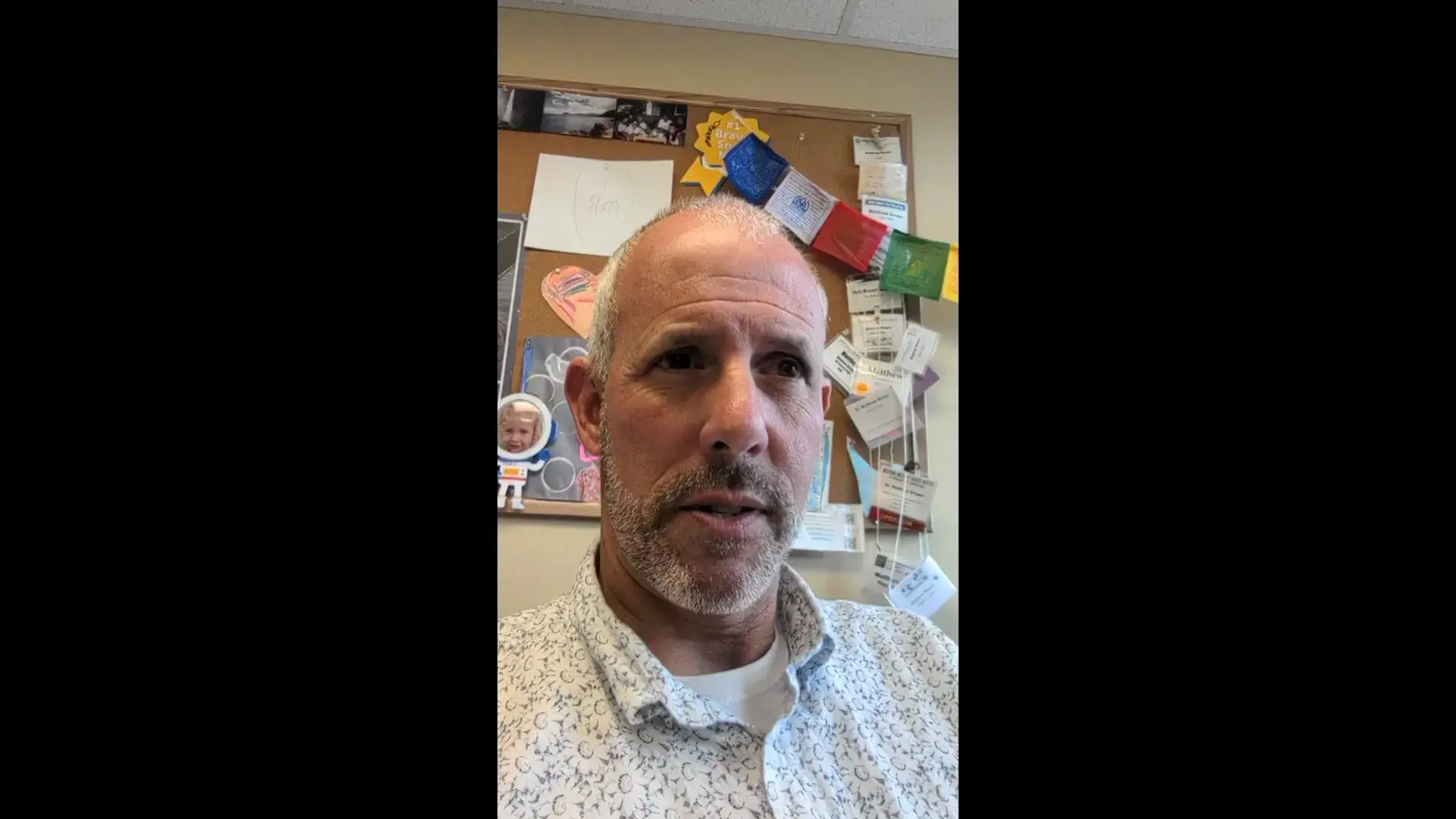
Format: Undergraduate Research
Description: Numerous research articles and databases highlight the inequity in environmental pollution, and, specifically, water pollution and poor water quality, among a range of socioeconomic status. Lower-income and minority communities often face significantly worse environmental conditions and issues with overall and drinking water quality. This course came to fruition after three years of water quality research by Dr. Matthew Brown, and student researchers showed significantly higher bacterial loads in waters of the northern San Sebastian River bordering West Augustine. This course will be a combination of community-integrated education and undergraduate research to broaden student perspectives as they relate to water quality, socioeconomic status, and privilege. The course will examine inequities in environmental infrastructure, remediation, and pollution among major cities in the US and here locally in Saint Augustine, FL. Students will meet with members of the West Augustine Community Redevelopment Agency (WACRA) early in the course and hear about observations and concerns as they relate to environmental pollution and water quality in the area. Students will then develop research questions and design a small-scale research project as it relates to water quality and environmental pollution between West Augustine and other areas in and around Saint Augustine. Students will collect water samples and/or other environmental samples and perform water quality analyses and measurements at Flagler College. In addition, students will explore peer-reviewed literature and other readings highlighting the relationships between environmental pollution and socioeconomic status. Early on in the course, students will develop an environmental perspectives survey to be distributed to residents of West Augustine and other neighborhoods around Saint Augustine. Finally, students will carry out an "environmental cleanup" along the shores of the San Sebastian River and the West Augustine community. This will involve the use of the new dock behind Abare Hall and the kayak launch.
Instructors: Jennifer Catalano, June Ann LeFors
Format: Community Integrative Education (CIE)
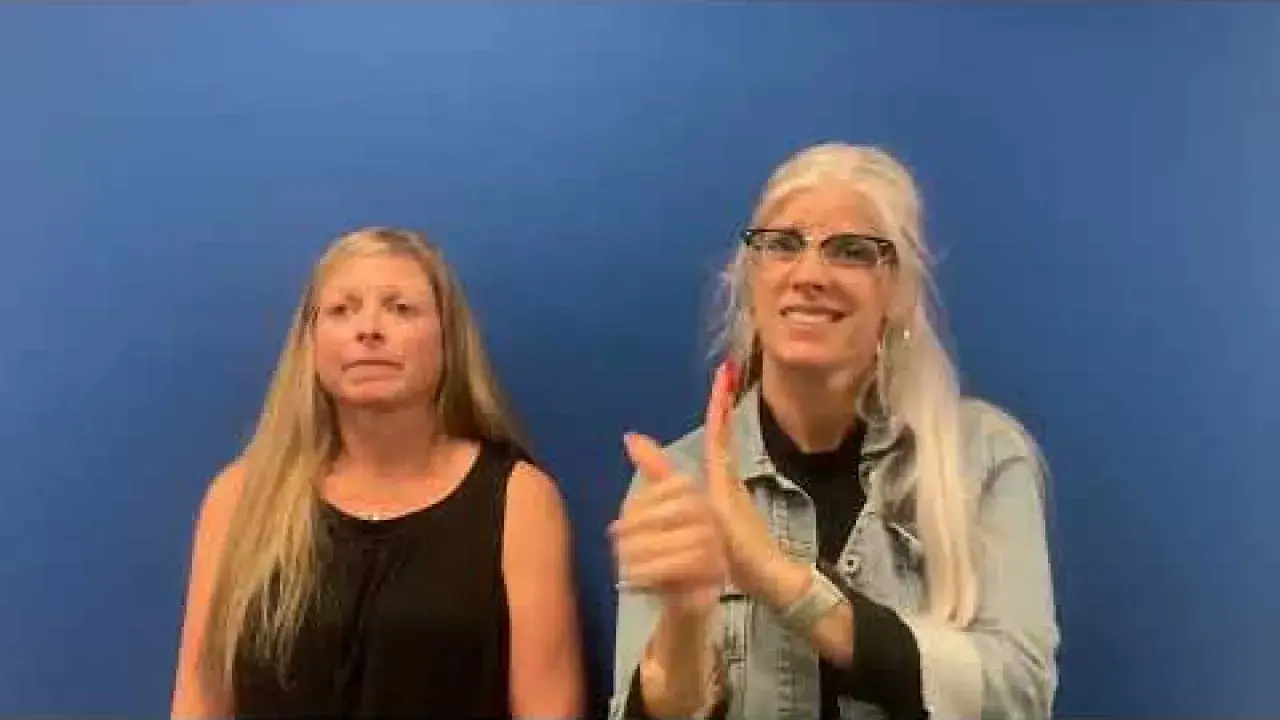
Description: This course will provide students with a general orientation to the experiences of Deaf people, including their daily life and cultural, educational, and employment experiences, through an overview of the historical, philosophical, and social aspects of the lives of Deaf people in the United States. The course is designed for students with little or no previous knowledge of American Sign Language (ASL), through the exploration of the concept of the Deaf Ecosystem. Students will be encouraged to form a clearer understanding and appreciation of the cultural pluralism of American society. The deaf ecosystem enables empowerment, purchasing power, and economic mobility of Deaf and hard-of-hearing individuals. The Deaf Ecosystem’s fundamental approach is to retain and harness the collective socio-economic power within the community’s individuals, organizations, and businesses through community collaboration and support (Brick, 2017). The goal is for students to develop a sense of cultural humility and an appreciation of the perspectives of the Deaf community in order to become allies that support and participate productively in a Deaf Ecosystem. This is a Community-Integrative Education (CIE) designated course.
Instructor: Paige Chapman
Format: Study Abroad
Cost: $3,075
Description: Students will travel to Jordan, one of the driest countries in the world, to learn about the global water crisis, the region’s
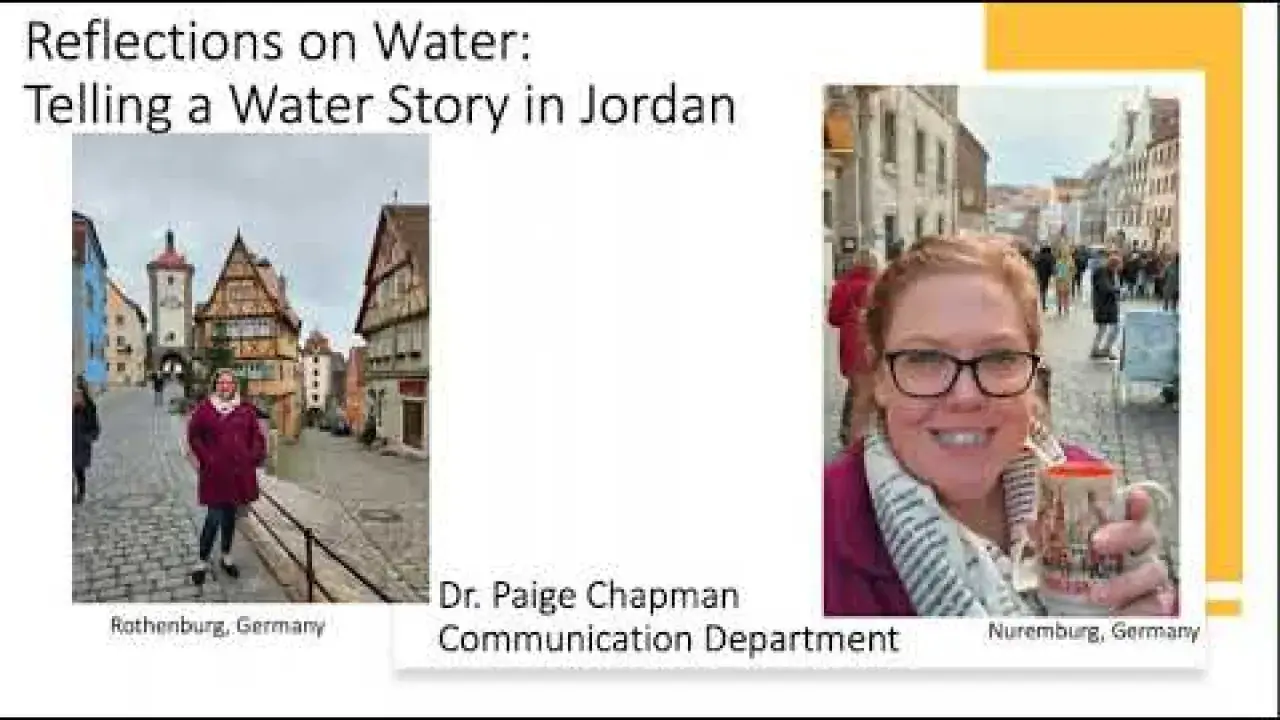
water problems, and potential solutions. The students will meet with local Jordanian non-profit organizations, and learn from local experts to explore how the science of sustainable water use intersects with diversity, politics, inequality, immigration, and many other local and global issues. Students will consider how to tell the story of water scarcity through writing, photography, and video.
Instructor: Eugenia Charoni
Format: Study Abroad
Cost: $4,035
Description: The course focuses on Chile’s history and on one of its ten indigenous groups’ culture, the Mapuche. Through the study of the history of Chile and the experience of the indigenous group’s daily life and cultural practices, students will better understand their own historical and cultural identity and avoid possible preconceptions. The course includes a 10-day trip to Chile from January 3rd, 2024, to January 12th, 2024.
Instructor: Ashley Coffey
Format: Study Abroad
Cost: $1,600
Description: Since its early settlement, New Orleans, LA, has been a significant economic, political, and cultural center of the New World. The Mississippi River and the Gulf of Mexico serve as “global highways, " bringing diverse peoples and goods into the city and connecting it to Europe, Africa, the Caribbean, and South America. This course will introduce students to cultural diplomacy by studying how it is conceptualized and executed. Specifically, this course will examine how N’awlins packages its vast culture to promote people-to-people diplomacy. Emphasis will be placed on the city’s culinary, musical, religious, and artistic traditions. The class will meet at Flagler College Wednesday, January 3 – Friday, January 5, 2024. The class will travel to the “Crescent City” on Saturday, January 6, and depart on Wednesday, January 10, 2024. This course cost $1,600 plus airfare and some meals.
Instructor: Rachel Cremona
Format: Intensive Format Seminar
Description: This class will engage students in a structured exploration of St. Augustine. City as Text © is a model of community integrated active learning that will provide the framework for the course; it will involve 3-4 hour daily structured explorations of St. Augustine that will combine city-specific elements such as history, economics, and culture, with the themes of citizenship, diversity and democracy. In this way, the course will provide an interdisciplinary examination of the people, architecture, history, culture, and demographics of the city. In addition to assigned readings and the investigation of historical documents, students will be exploring the city – both on and off the beaten path – in order to develop long-term sensitivity and reflection about the human experience – social, cultural, economic, and political - in a built environment. The ultimate purpose of this course is for students to understand and experience not only what is normally missed in an ordinary day of one’s life – but also how much might be seen and heard. In this sense, students will be honing their observational skills – becoming more aware of how their own “lens” works in seeing the world, and thus building an understanding of how mutable the world around them is, in terms of both people and places.
Instructor: Lisa Fiala
Format: Study Abroad
Cost: $3,900
Description: This course is designed to introduce students to Tanzania, through cultural immersion and beginning exploration of
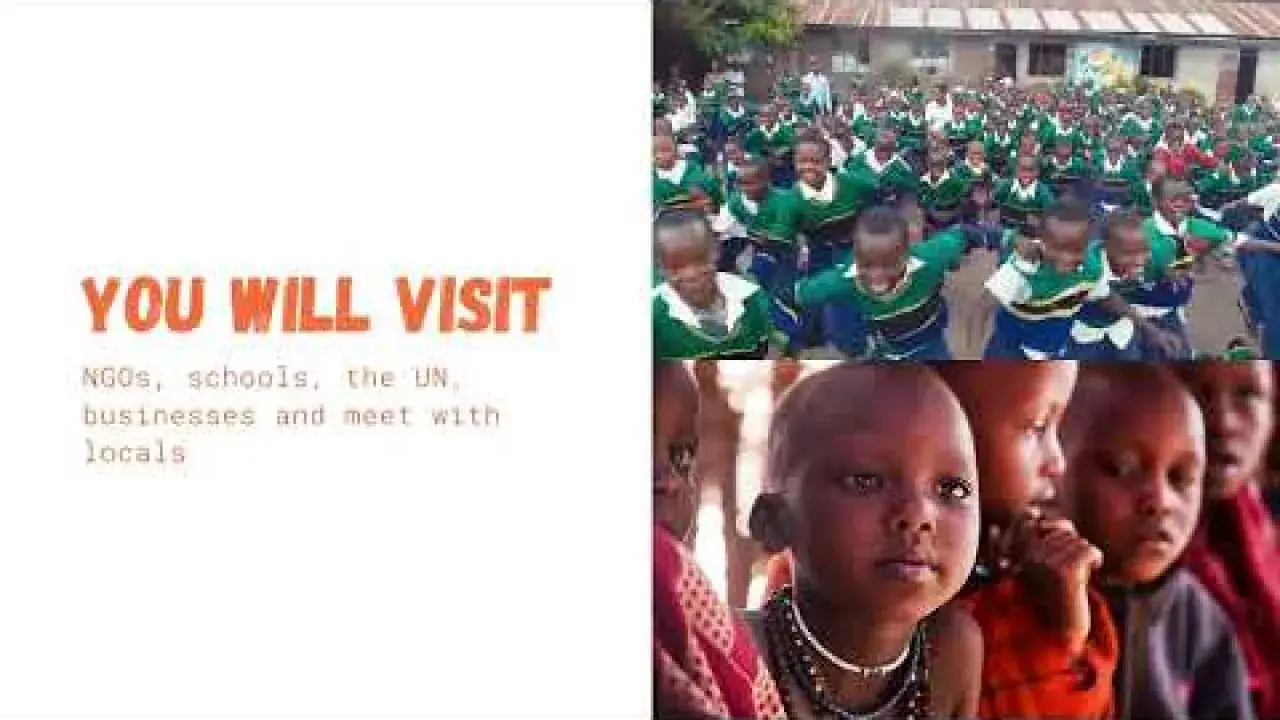
development work focusing on international vs. locally led programs. By visiting local NGOs, the UN, and schools and hearing from local leaders, students will gain a greater insight into the impact of programs in Tanzania. The complimentary cultural piece of this course is the cultural immersion component that also takes place in Tanzania. Students will participate in several additional hands-on learning activities during their time here, including staying overnight at a Maasai lodge while interacting with Maasai people, visiting the Chagga tribe and learning first-hand about the cultivation of coffee and its impact on local culture, going on a safari, cooking a meal with local mamas, visiting the island of Zanzibar and several additional excursions to important local, sights all with dedicated time for personal reflection.
Instructor: Christine Fogarty
Format: Intensive Format Seminar
Description:This FlagSHIP class will combine play reading in diversity with discussion on campus involving a creative project called My Hands, My Story. You will examine diverse cultural groups, norms, and behaviors by learning about ethnic and racial theatre. This will include the studies of African American Theatre, Feminist Theatre, and MENASA (Middle Eastern, North African, and South Asian) performers through plays, films, and interviews.
Through the creative project My Hands, My Story, you will begin to examine cultural factors that can give and deny privilege. Our hands tell stories about our identity and shape our own unique experience in this world. The goal is to find inspiration in our reading to illuminate these cultural factors for your final creative project called My Hands, My Story. Issues of identity and cultural differences will be approached throughout the course, including an overview of Theatre as well as subtopics related specifically to issues of diversity. Diversity in Theatre fosters an understanding of the pluralistic nature of American society, promotes an appreciation of diversity, and focuses on various aspects of race, gender, and ethnicity as represented onstage
Instructor: Carrie Grant
Format: Study Abroad
Cost: $3,225
Description: Travel to Mexico to explore the international culture up close in three of Mexico’s diverse locations. Meet with nonprofit organizations and see their work on the ground. Spend time with Mexicans, learning the local language and culture. Hike and horseback ride to locations to observe the Monarch migration, see how ecology is playing a role in tourism, and learn about the conversation of protected areas. Head out on the water to swim safely with sea lions, and spend a day learning about the Bay of La Paz Project – Saving the Sea of Cortez. Explore the local markets and historical sites in the towns of Valle de Bravo and Mexico City. This course is designed to introduce students to Mexico's eco-tourism and sustainability projects. By participating in eco-tours, hearing from the local leaders, and exploring the local culture, students will gain a greater insight into the impact of eco-tourism in Mexico and the sustainability efforts taking place. Students will also participate in a number of cultural activities during their time in Mexico, as well as several excursions to important local sights.
Instructor: Jessica Howell
Format: Study Abroad
Cost: $3,900
Description: This FlagSHIP is a 3-hour course coupled with a study abroad experience in Tanzania. The focus of the course and travel experience will highlight the ways in which cultures collided during the European “scramble for Africa” and how these collisions shaped and impacted the development of Tanzania politically, socially, and economically. Coursework will emphasize the ways in which Tanzania challenged and adopted aspects of imperialism. While in the region, students will further their knowledge through several onsite visits to relevant sites. By visiting Tanzania, students will observe and explore cultural practices unique to the region, practices that were modified due to outside influence, and practices that may have been eliminated altogether. Throughout the trip, students will be accompanied by experienced and specialized guides. Assignments completed prior to travel will encourage students to identify their own cultural biases and reflect on the development of such biases. Upon return, students will complete a variety of written responses intended to reflect on the pre-departure materials and the specific site visits.
Instructor: Brenda Kauffman
Format: Study Abroad
Cost: $3,050
Description: This FlagSHIP course offers an immersive global learning experience in Costa Rica. It will provide students with a forum for critical reflection on community-driven issues, intercultural experiences, power and privilege, and critical global engagement. Students will have the opportunity to meet locals who are engaged in sustainable farming and learn how Costa Rica relies on nature for its significant tourism industry. We will spend 10 days in Costa Rica.
Instructor: Lori Lee, Jessica Jenkins
Format: Community Integrative Education (CIE)
Description: This course will explore the dynamics between culture and community in St. Augustine by focusing primarily on Native American, African American, and Menorcan experiences at the Guana Tolomato National Estuarine Research Reserve. Students will learn about cultural heritage at this site over time and also contribute to what we know about this heritage through engaging in oral history research, historical research, field archaeology, and material culture analysis. We will specifically focus on areas of the site that are under high threat of human and climate impacts to mitigate this loss of this cultural heritage. We will learn about diversity and inclusion through examining diversity and exclusion. Why did liberty and justice not extend equally to all citizens of the country? How did people respond to oppression? How is culture linked to time and space? The goal is to learn anthropological methods as we explore the local community. This exploration will reveal the contested nature of the term ‘community,’ which can veil tensions among individuals and groups that share a space, although not always a sense of place or shared identity.
Instructor: Andrea McCook
Format: Intensive Format Seminar
Description: In this intensive format J-Term course, students will probe cross-cultural differences along inter-generational lines.
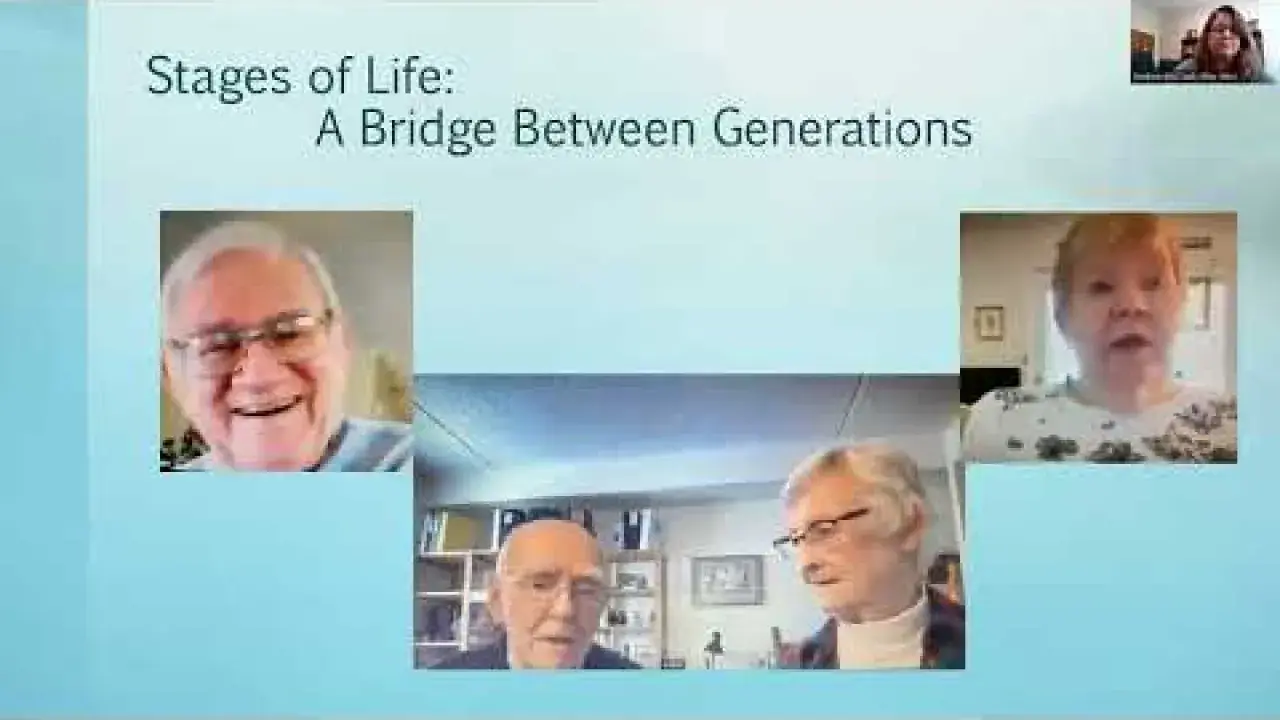
The class will begin with an examination of the condition of aging in the United States. Students will then meet, conduct interviews, and develop relationships with Independent and Assisted Living Community residents. Students will gain an understanding of the impact that living in a community with other seniors has on the aged. These residents find purpose and identity through their mutual support for one another. The interviews will culminate in creating and presenting a piece, capturing the essence of who these individuals have become in their senior years. The goal is an authentic accounting of those who have lived full lives that they are willing to share with others
Instructor: Jennifer Melvin
Format: Intensive Format Seminar
Description: "In this class, students will critically analyze the genre of reality travel television by viewing episodes of Anthony Bourdain’s “Parts Unknown”. We will learn to use self-reflexivity to recognize our biases and develop intercultural competence. You will describe and analyze some of the problematic tropes found within the episodes of “Parts Unknown,” including the tourist gaze, “going-native”, colonialism, colonial nostalgia, and cultural brokers. Learning to be a socially responsible global citizen requires knowledge of how tourists and tourism impact developing areas in countries with few resources and how to study people and places while respecting their local customs, privacy, sacred places, etc. We will watch episodes of Parts Unknown set in Africa and Asia, and discussion leaders will research the history, political power struggles, past colonialism, and whether it is still reflected in the material or symbolic culture of the place. The second part of this class involves learning about local tourism and how it impacts our larger community. To better understand how tourism impacts a community, students will also conduct their own research on local tourism to uncover its impacts on the residents of St. Augustine. You will learn how to use ethnographic (field) research, and you will learn to conduct historical research through field trips we will take and with your assigned group. Members of the class will conduct their own research on St. Augustine’s tourism economy, and critically analyze the effects tourism has on the broader community and the power structures and political economy in which local tourism is entrenched, along with the everyday impacts of tourism on the people who reside in St. Augustine.
Instructor: Nic Miller
Format: Study Abroad
Cost: $2,975
Description: This study abroad FlagSHIP offers you the chance to discover the history and culture of Portugal, one of Europe’s most beautiful countries. Based in the capital city of Lisbon for a week, you will visit key sites across the city; take cultural excursions along the Portuguese coast, including to the giant waves of Nazaré; taste the country’s cultural and culinary delights; and ponder central issues of Portuguese history and contemporary society with leading scholars and experts. By exploring three key themes—empire and colonial expansion; dictatorship, revolution, and democracy; and contemporary society—you will gain crucial intercultural communication skills, engage with the full complexity of Portugal’s fascinating history, and get an insider’s look into contemporary conditions in one of Europe’s trendiest corners. The advertised program cost is $2,975, excluding airfare. This includes accommodation in a 3-star hotel (shared with one other student), daily buffet breakfast, three meals, and two-day trips within Portugal.
Instructor: Laura Mongiovi
Format: Intensive Format Seminar
Description: This course will examine the significant qualities of a landscape through the lens of geography, commerce, and desire. A series of mapping exercises will take place in the local community, allowing students to gain an understanding of local history while exploring their own ideas about time and place. Each student will make a map of several local sites, including historical facts. A series of readings, class discussions, and personal responses will supplement the mapping exercises, providing moments for insight and reflection. Students will visit local sites to view collections of historical maps and hear from a historian mapping colonial St. Augustine.
Instructor: David Moody
Format: Intensive Format Seminar
Description: This course is an intensive-format seminar in which students explore tabletop games ranging from CLUE to DUNGEONS & DRAGONS. These “games” are complex systems designed to build worlds, gamify stories, and teach diverse skills. By playing and deconstructing contemporary games, as well as designing their own game, students will gain knowledge of the field of narratology (the study of the structure of stories) and how it relates to ludology (the study of actions and events in games). Students will also engage in the field of creativity studies by focusing on key social and intellectual currents in the study of genius, innovation, and creativity. This course familiarizes you with developments in and applications of creativity as it applies to fields ranging from educational game design to entrepreneurship and psychosociology. Imagination and innovation are key terms in many markets, but notions of genius and originality have complex histories. With that in mind, students will participate in active learning experiences to learn about games as transmedia phenomena, cultural artifacts, and systematized representations of real-world challenges.
Instructor: Kevin Murphy
Format: Intensive Format Seminar
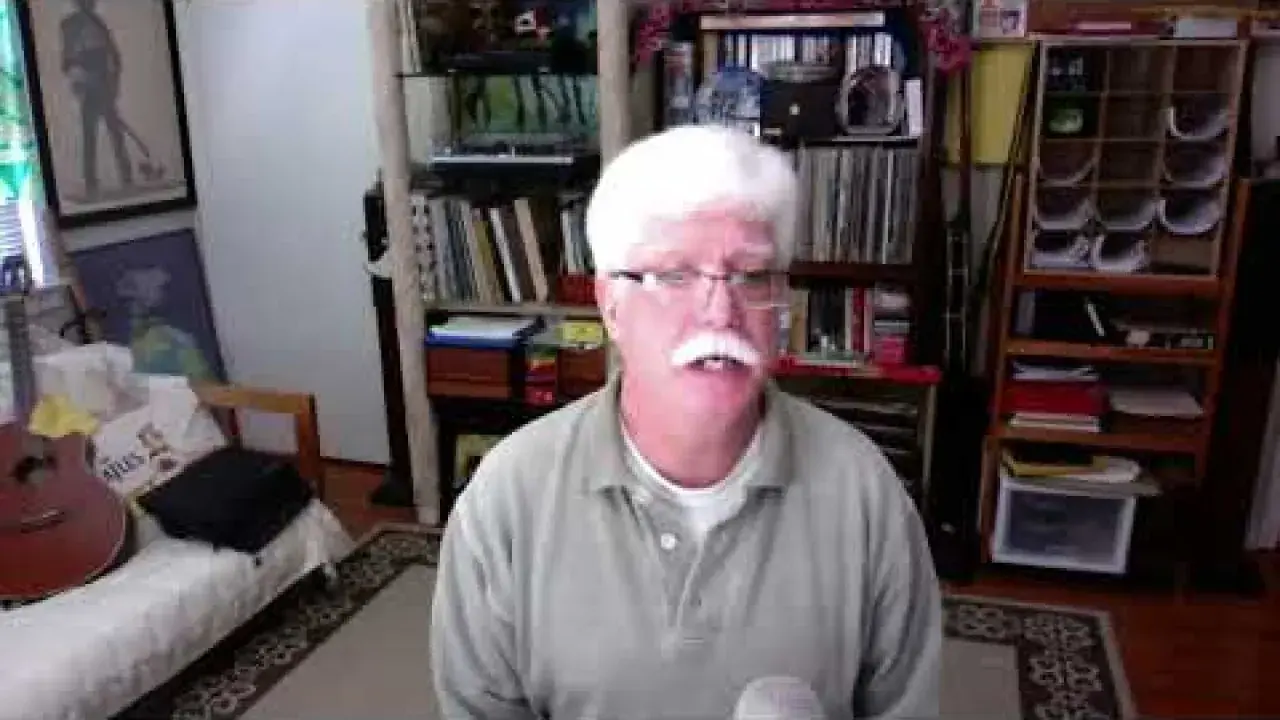
Description: This course will be an immersion in protest songs and writings, from Billie Holiday to Green Day, to heighten our appreciation of them aesthetically and as instruments for social change. The main interactive project, creating an original protest song or writing, performed or presented at the end of the course, will deepen our awareness of our cultural identity, assert the value of creative political engagement through protesting against perceived injustice, and bring a sense of individual empowerment through letting your voice be heard.
Instructor: Leah Page
Format: Community Integrative Education (CIE)
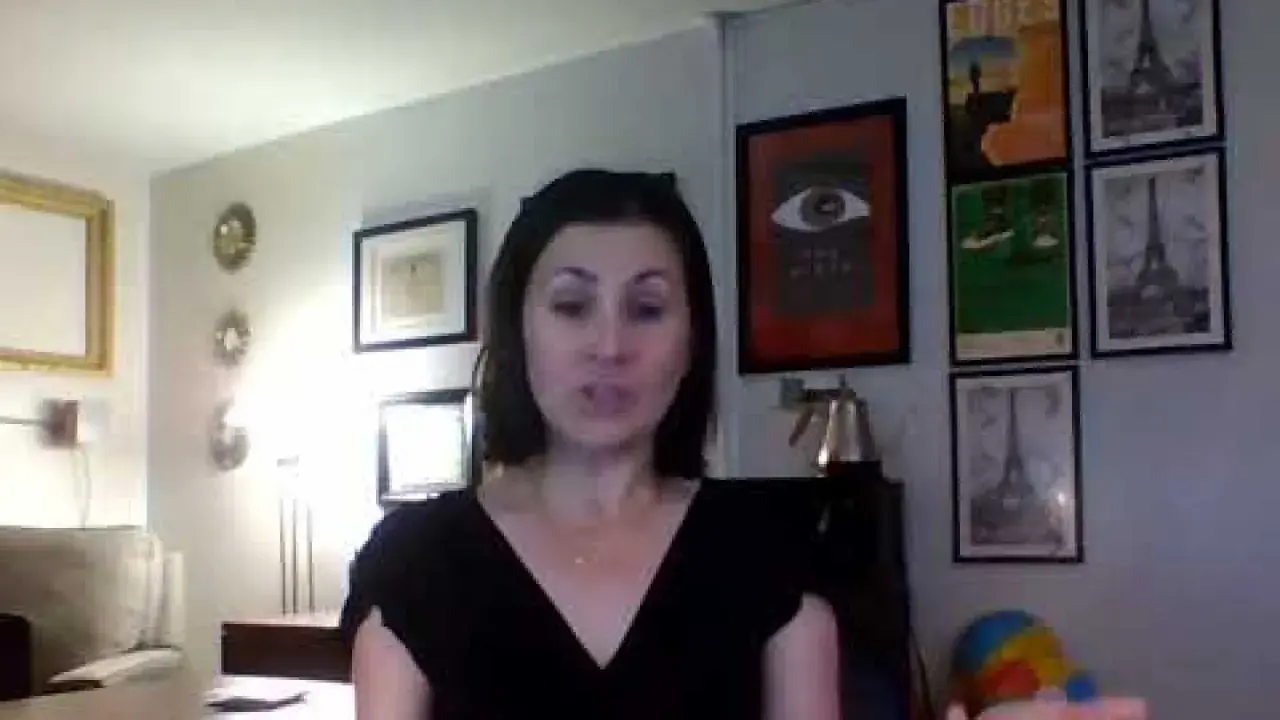
Description: This course will combine playwriting and theatre-making with an interview-based community theatre project. Interview-based (also known as documentary or verbatim theatre) uses interviews as the primary text for generating original play scripts. Well-known examples of this form include The Laramie Project by Moises Kaufman and Tectonic Theatre Project, Come from Away by David Hein and Irene Sankoff, and Notes from the Field by Anna Deveare Smith. Students will spend the first part of class reading/watching documentary theatre pieces, participating in class discussions around the topic, building an ensemble, and honing their interview skills. They will subsequently interview several different people in the community on a selected topic. Potential topics include: the current and potential impact of the “Don’t Say Gay” bill on teachers/students/parents/administrators, the current state of healthcare in St Augustine, FL, or food insecurity and public policy. These interviews will become the content from which they will write an original piece of documentary theatre. A public viewing may be offered based on the makeup of the group.
Instructor: Leslie Robison
Format: Community Integrative Education (CIE)
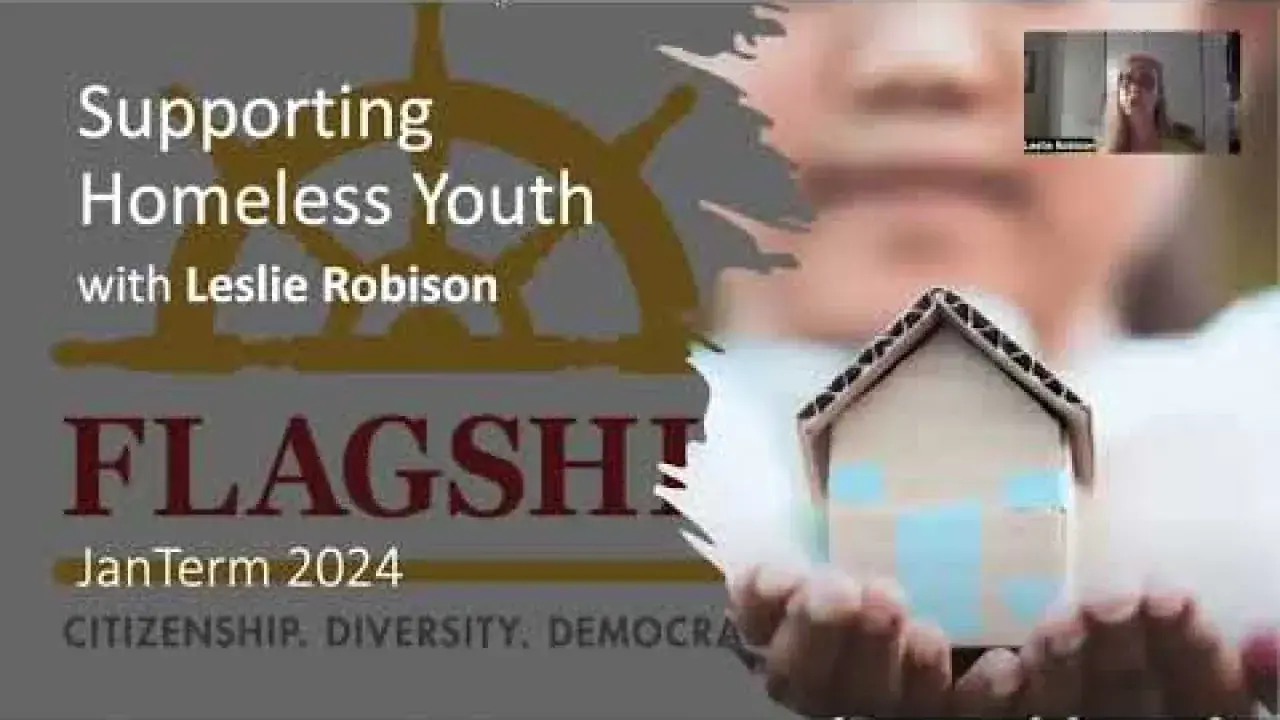
Description: Students will learn about childhood homelessness through reading, discussion, guest lecturers, and selected site visits. We will then continue to work on a homeless youth mentorship program started by Flagler students in May. The class will review assessment data and consult with stakeholders. Students will then collaborate with a local Youth Advisory board that includes current or formerly homeless young people to improve the program and increase participation.
Instructor: Zachary Stepp
Format: Intensive Format Seminar
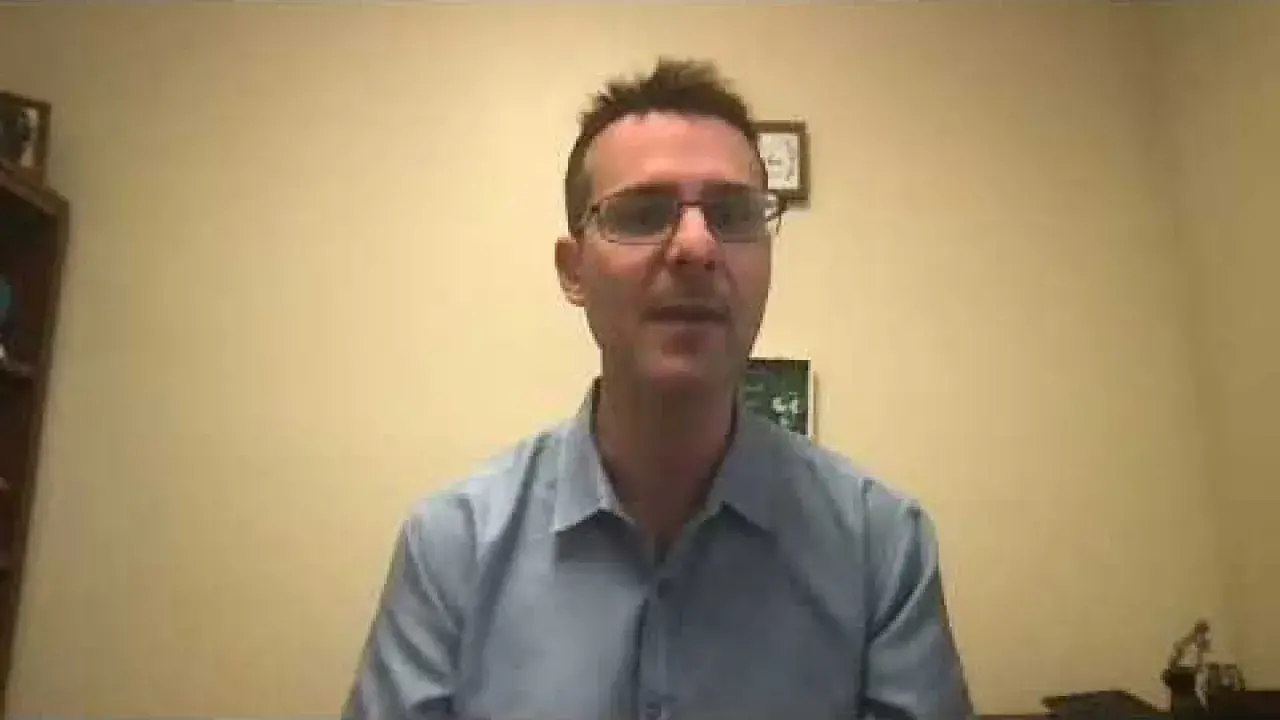
Description: This course is designed to provide students with an introduction, explanation, and application of the multitude of services available for special needs school-aged children around the community. Guest presentations will include speech therapists and the services they provide; occupational therapy – what it is and how it is used; applied behavioral analysis and its implementation at home and school; special needs insurance and scholarship services – what they cover and who can benefit, and extracurricular activities and camps created especially for special needs school-aged children. Having awareness of the services that are offered in the community, students will be more aware of what to look for in other communities when they encounter those that would benefit from these services.
Instructor: Bobbie Stewart
Format: Intensive Format Seminar
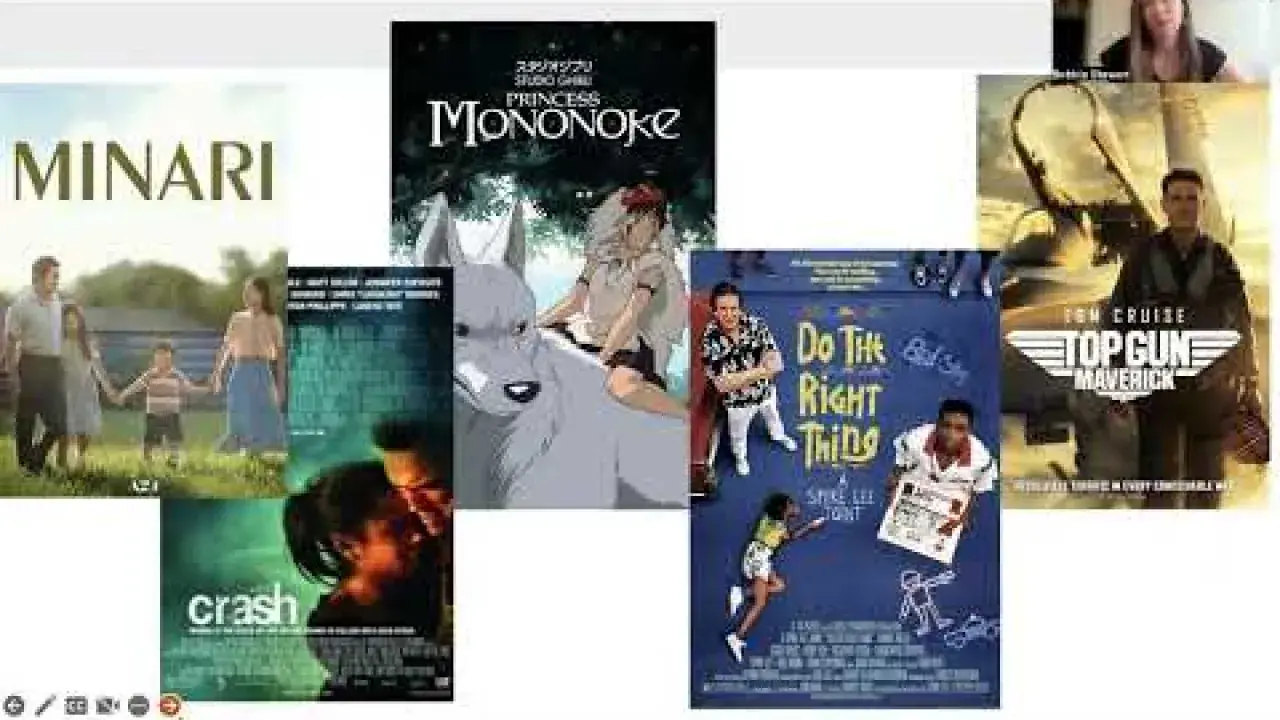
Description: Good movies reveal our truths—truths that resonate with our shared human condition or introduce perspectives yet unknown. In Empathy, Understanding, and Intercultural Competence through Film Critique, students will become more interculturally-conscious as they analyze films—specifically focused on (U.S.) American and Asian cultures— and apply those lessons to engaging better across lines of difference. With our eyes, we see, and through the mind, we come to understand. This course will lead students on a journey, from observation and interpretation to critique and application, by way of contemporary motion pictures, in-depth discussions, and intercultural experiences. We will be watching thoughtful films, discussing cultural differences, and problem-solving culture-clash quandaries based on research and our diverse perspectives!
Instructor: Deborah Teague
Format: Study Abroad
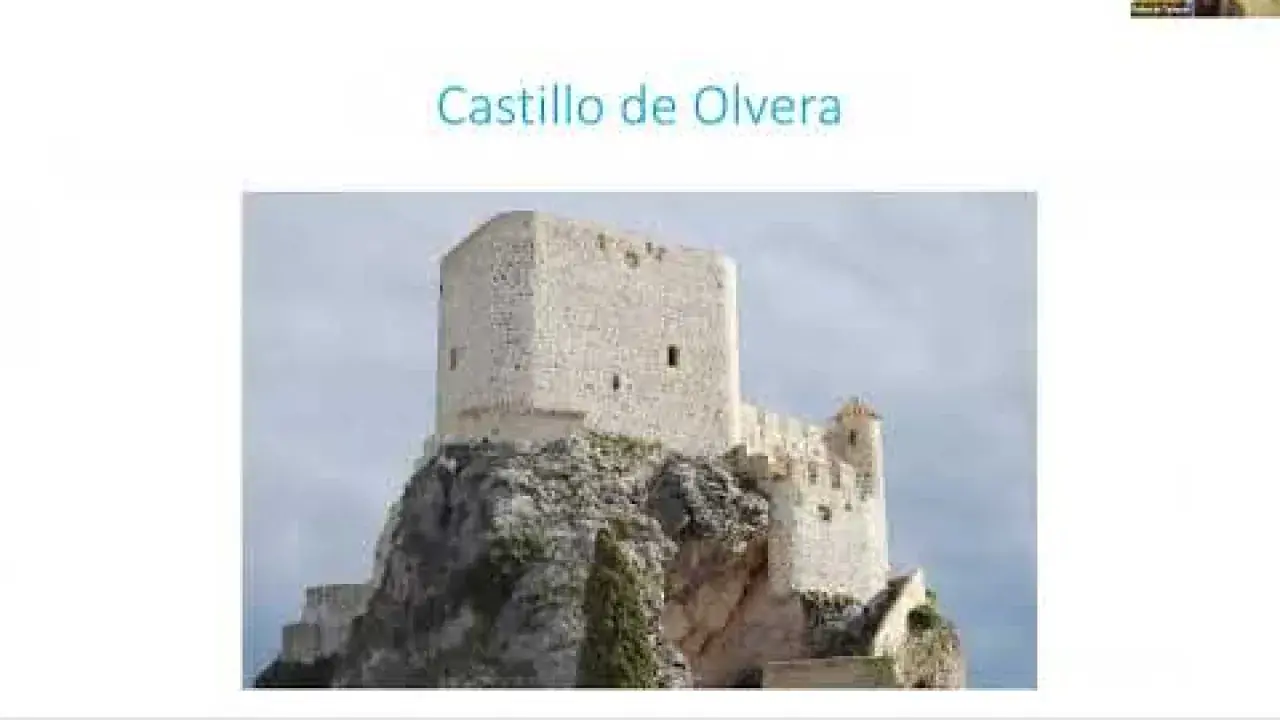
Cost: $3,625
Description: "Immersion in Magical Southern Spain and Gibraltar: Travel Writing about the History, Culture, and People of Malaga, Gibraltar, Cadiz, Seville, Cordoba, Granada, and More" will provide students the opportunity to explore Andalusia's major cities and "magical white villages"; interact with locals from diverse ethnicities, backgrounds, social classes, and neighborhoods; and learn more about the historical treasures and rich histories of Southern Spain and Gibraltar.
Instructor: Jeanine Thweatt
Format: Intensive Format Seminar
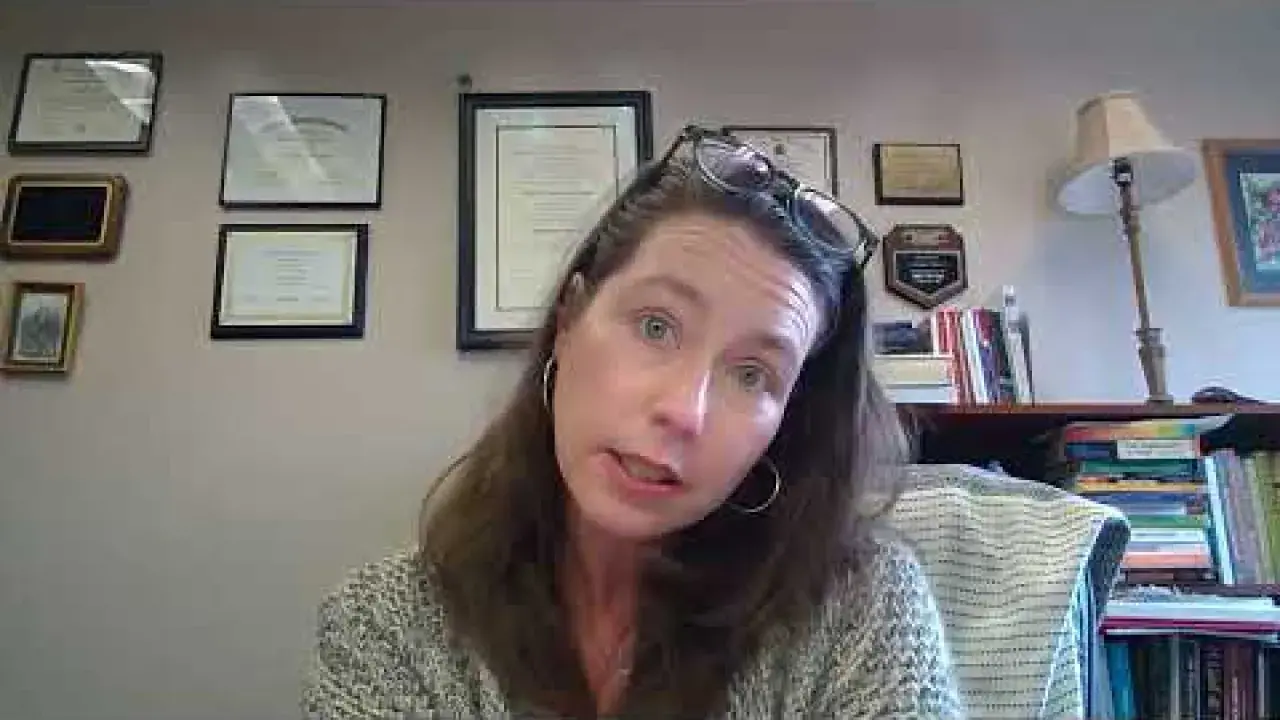
Description: Birth is a universal human experience, and an intersection of technological, political, ethical, religious, and existential questions. This FlagSHIP course will invite students to look at birth from historical, philosophical, theological, and bioethical perspectives. We will focus specifically on: questions of access to adequate prenatal, birth, postpartum, and neo-natal care for mothers of different classes, races, and ethnicities in the United States; questions about what constitutes best evidence-based practices in birthing care, both in the US and globally; how birthing issues intersect with other reproductive health questions. The course will include local travel to birth centers and hospital L&D facilities, local experts operating in different locations within the world of birth work, and collaboration on a constructive proposal for interventions, in the form of a research-based grant proposal based on real-world funding opportunities.
Instructor: Lisa Van Zwoll
Format: Intensive Format Seminar
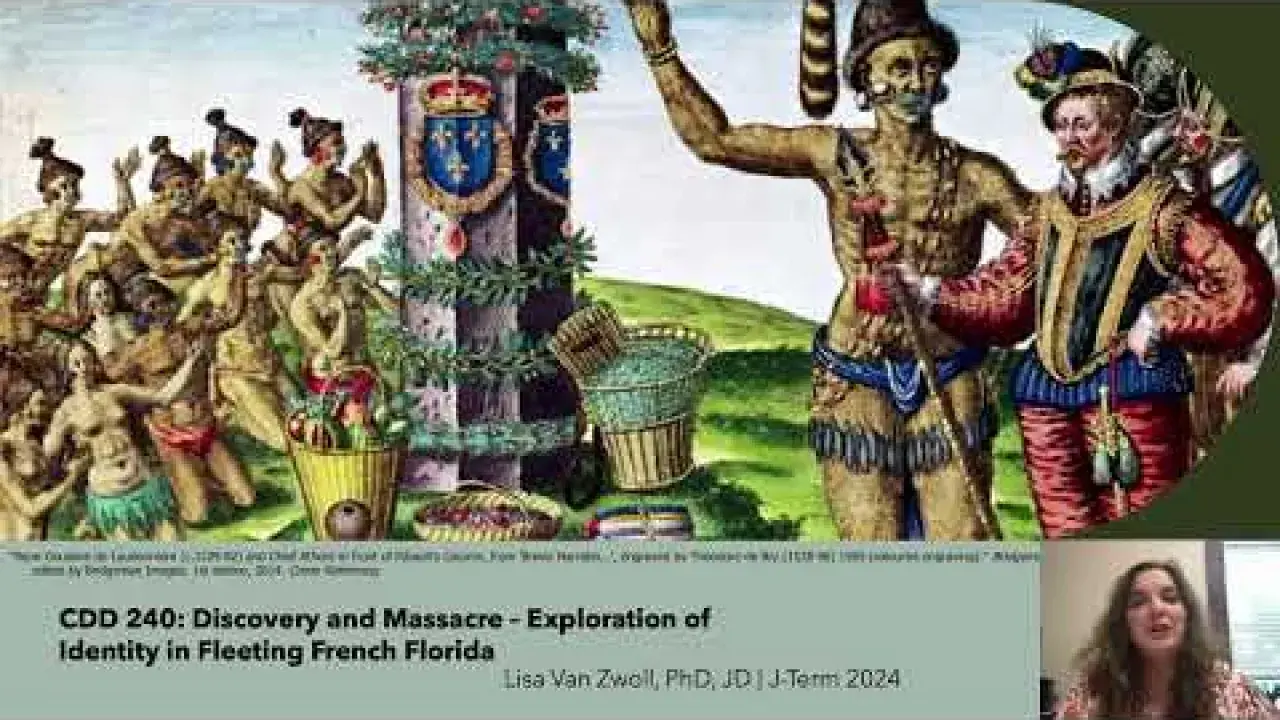
Description: When people consider the rich cultural past of St. Augustine, the focus is typically on Spain’s contributions and dominance. However, the French also explored La Floride, hoping to expand France’s reach in the New World. French Protestants, Jean Ribault and René de Laudonnière, led voyages landing in the nearby St. John’s River and eventually fled to the nearby Matanzas Inlet (named for the massacre the French suffered at Spanish hands). This course explores the journeys taken and documented by the French and the complex path taken to construct identities in flux, influenced by religion, voyage, turmoil, and conflict of cultures. We will explore the role of colonizing forces in constructing (or expanding) a sense of national self, as well as addressing the inevitable fascination with the “other,” witnessed in people native to a conquered land as well as neighbors from a world away. How do these grand adventures inform personal identity? How is this extended to a shared identity in the New World and the need to define and claim a place and its stories? We will explore the places where the French stood in awe, at Fort Caroline, and in terror, at Fort Matanzas. To help frame this return to the past, we’ll examine primary documents by Laudonnière and others to understand autoethnography and autobiography better, ultimately using this to reflect upon our place in the world, and here, in St. Augustine.
Instructor: Jessica Veenstra
Format: Study Abroad
Cost: $3,075
Description: Students will travel to Jordan, one of the driest countries in the world, to learn about the global water crisis, the region’s water problems, and potential solutions. The students will meet with local Jordanian non-profit organizations, and learn from local experts to explore how the science of sustainable water use intersects with diversity, politics, inequality, immigration, and many other local and global issues.
Instructor: Elaina Wahl Temple
Format: Intensive Format Seminar
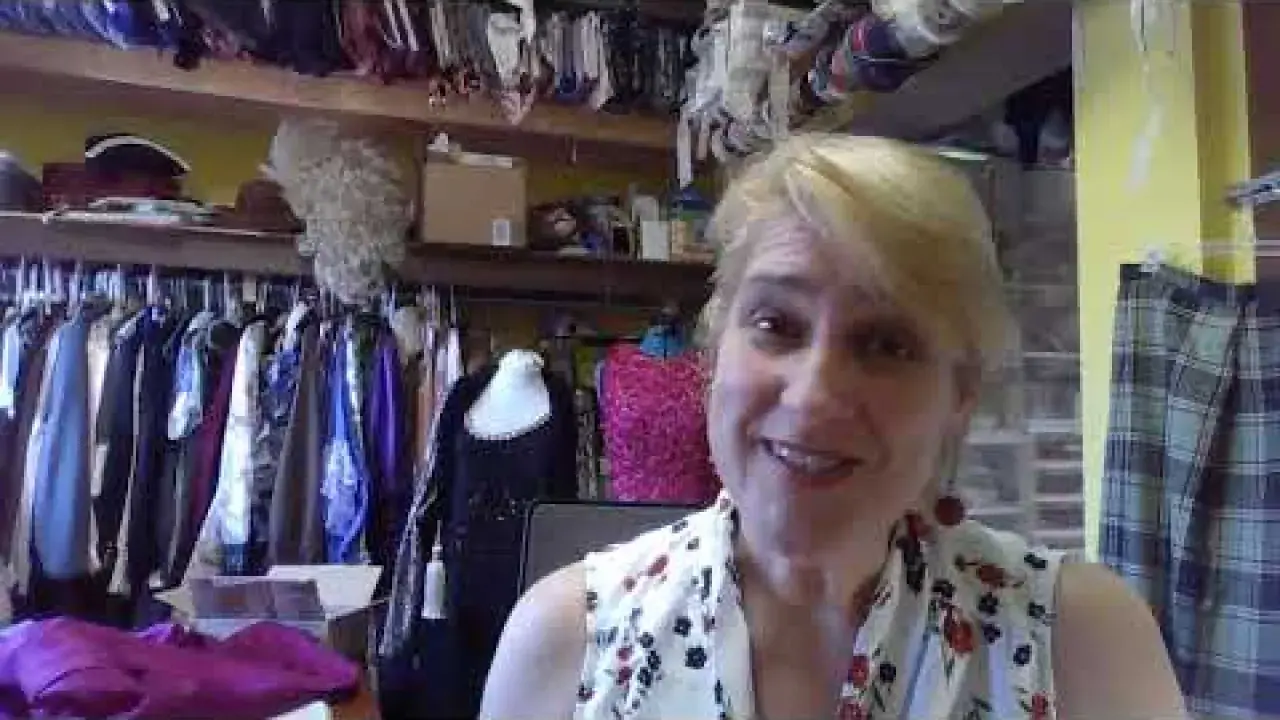
Description: Do clothes really, “make the man”? Explore why we wear what we wear. How do our ideas of clothing compare to the ideas of our predecessors? What impact does fashion have, personally, globally, and environmentally? In this class, we will look at the role clothes play in shaping our personal, and cultural identities and how this may be different from our ancestors. We will visit with people wearing styles different than hours, poll the public on how they choose their wardrobe, debate ethical issues around fashion, and finally, create an upcycled style to reflect a greater understanding of ourselves and the role clothes play in our world today.
Instructor: Jeremy Wang
Format: Intensive Format Seminar
Description: This course introduces students to the basics of Information Technology (IT) and its important role in the process of globalization from economic, business, cultural, and social perspectives. Students will explore a series of events behind the IT evolution, reshaping the economies, cultures, and social lives of many countries worldwide. Through a combination of lectures, discussions, and hands-on projects, students will gain an understanding of the impact of technology on culture, e-commerce, governance, and global communication, and how these changes are shaping the world.
Instructor: John Young
Format: Intensive Format Seminar
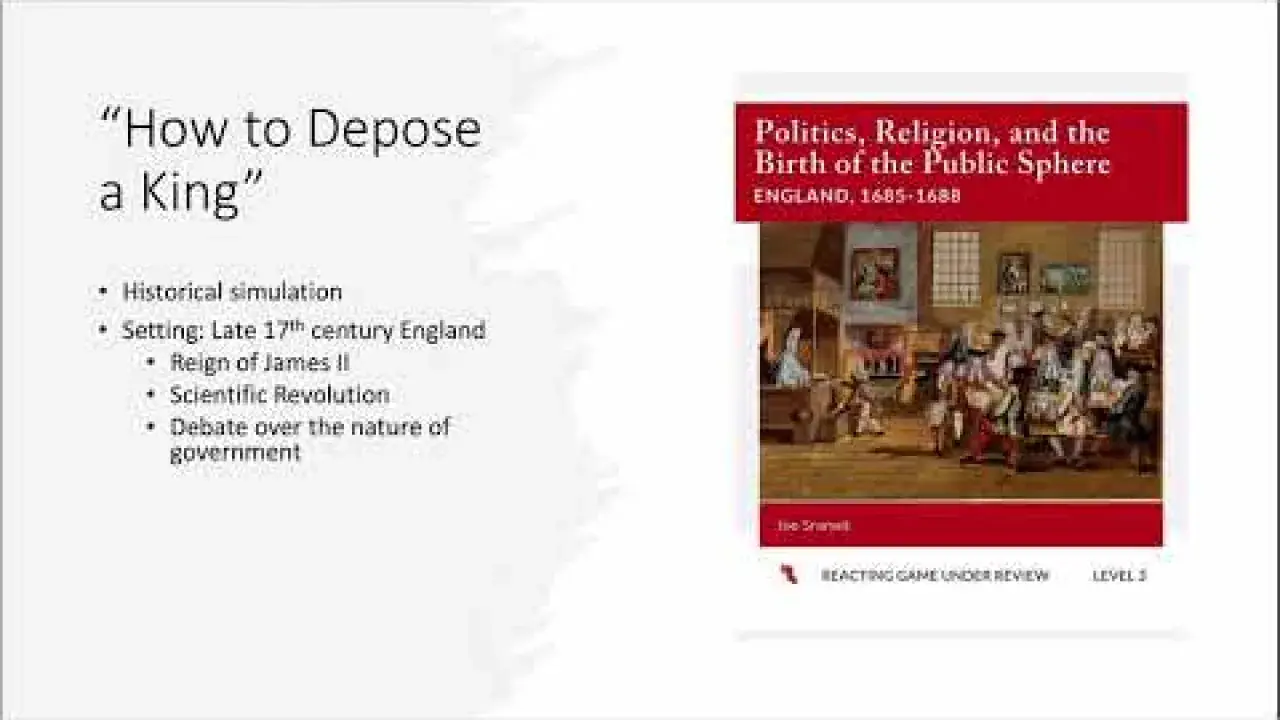
Description: In this course, you will play a game called Reacting to the Past (RTTP). Students play roles informed by history during the game, which can be elaborate.
You will learn to build arguments from text and support your stand with reasoned (but sometimes firey) writing and speeches.
You will try to take control of a historical drama and push for your player to win. I hope your mind and emotions engage with the subject matter as you do.
I will act as the gamemaster, choosing your role, getting you ready to play, grading your work, and sometimes nudging the course of the games.
The setting is England in the late nineteenth century during the controversial reign of King James II.
Depending on your role, you may need to support the unpopular king or depose and replace him with some other form of government.
The game mimics the circumstances that gave rise to many of the essential features of modern Western governments. Other factors include the Scientific Revolution's impact and consequences on social and political relations.
Contact Us
Please feel free to contact our FlagSHIP team with any questions you may have at flagship@flagler.edu or visit our FAQ page.